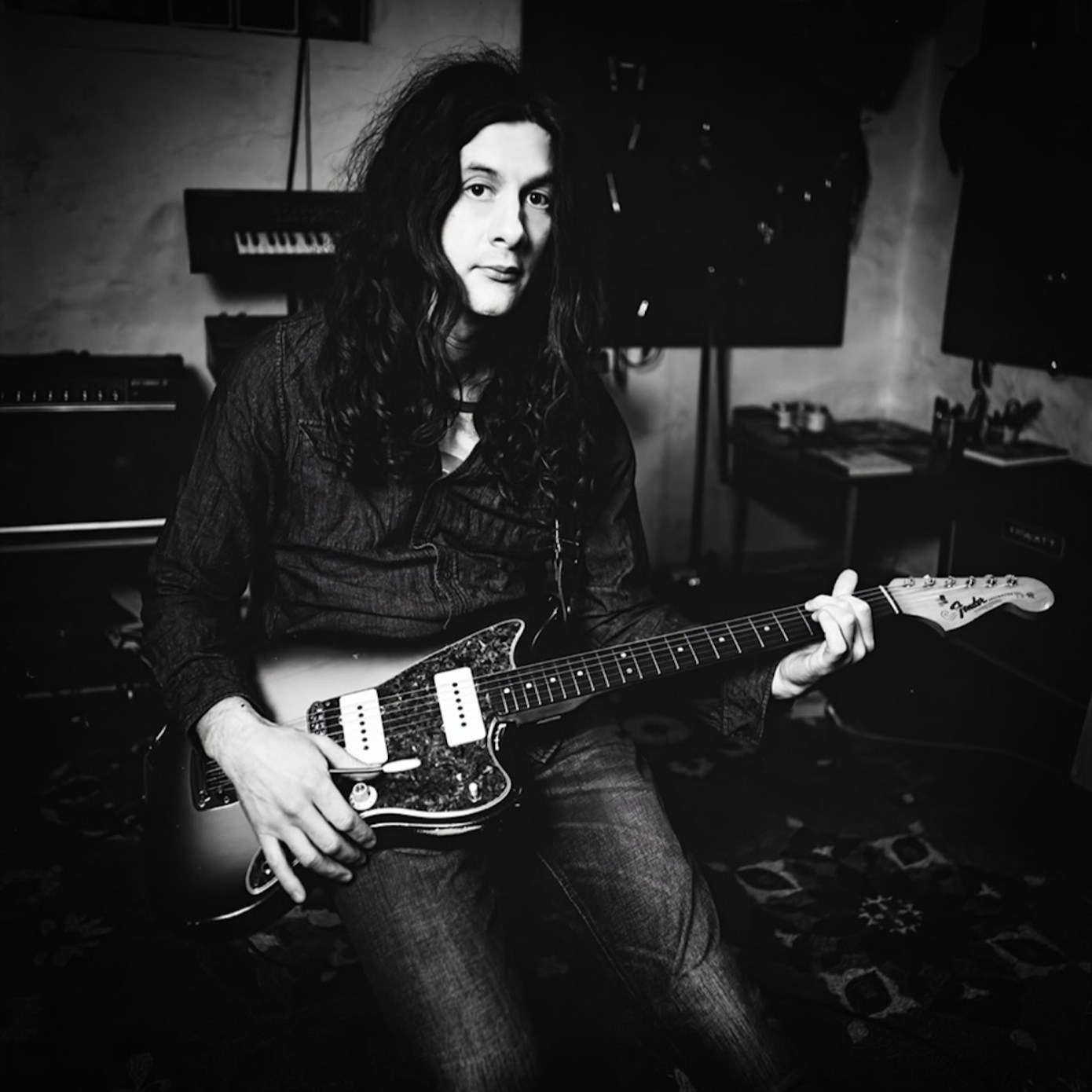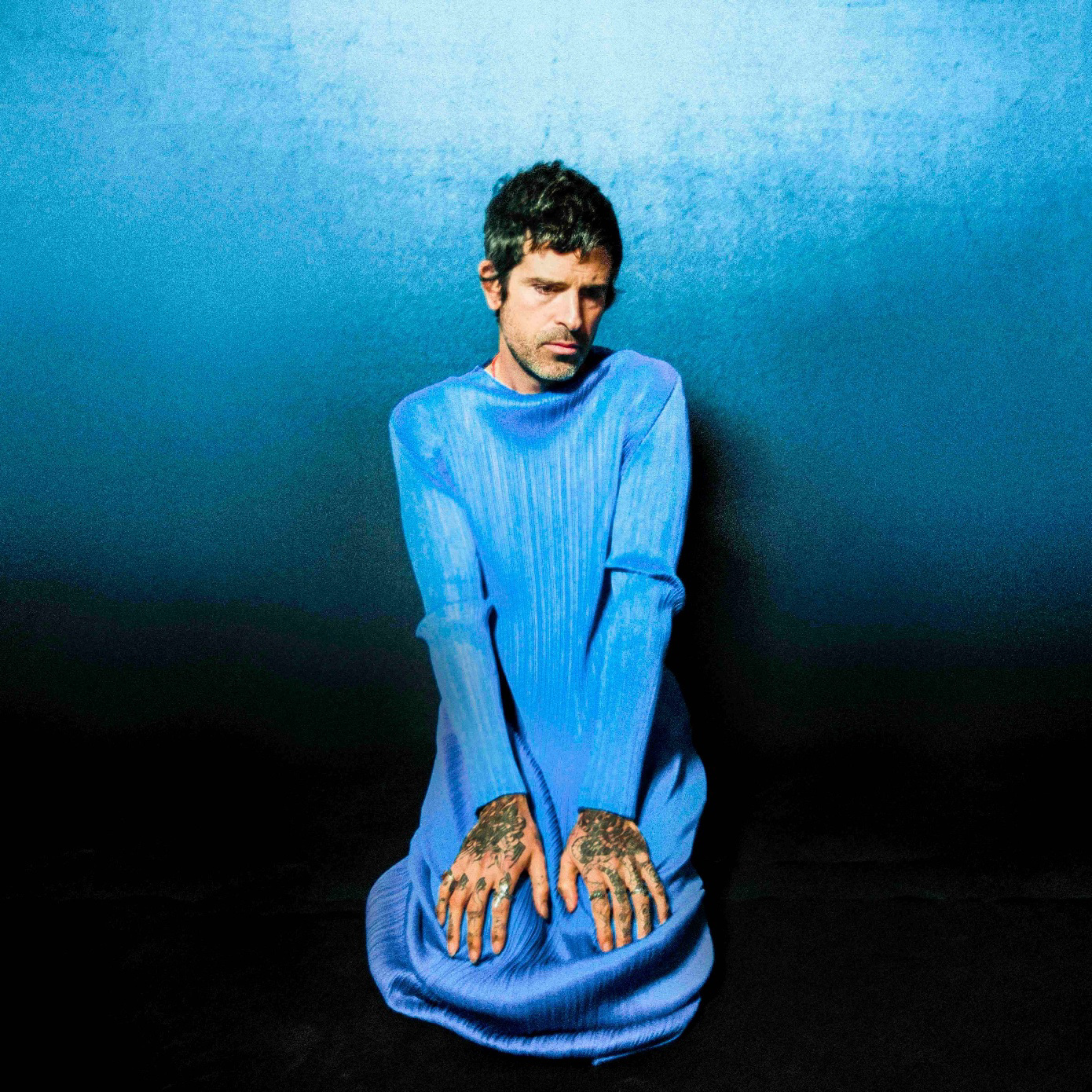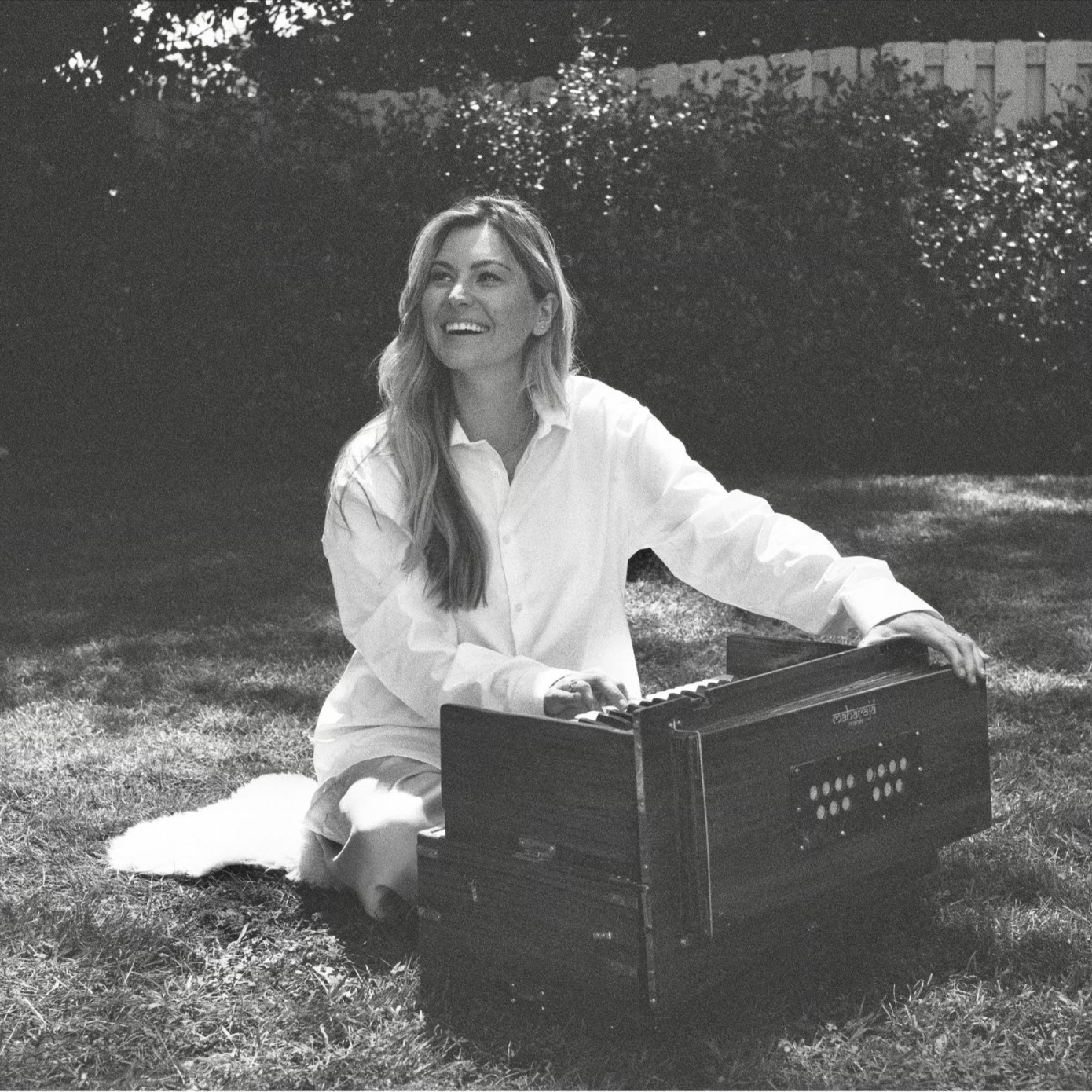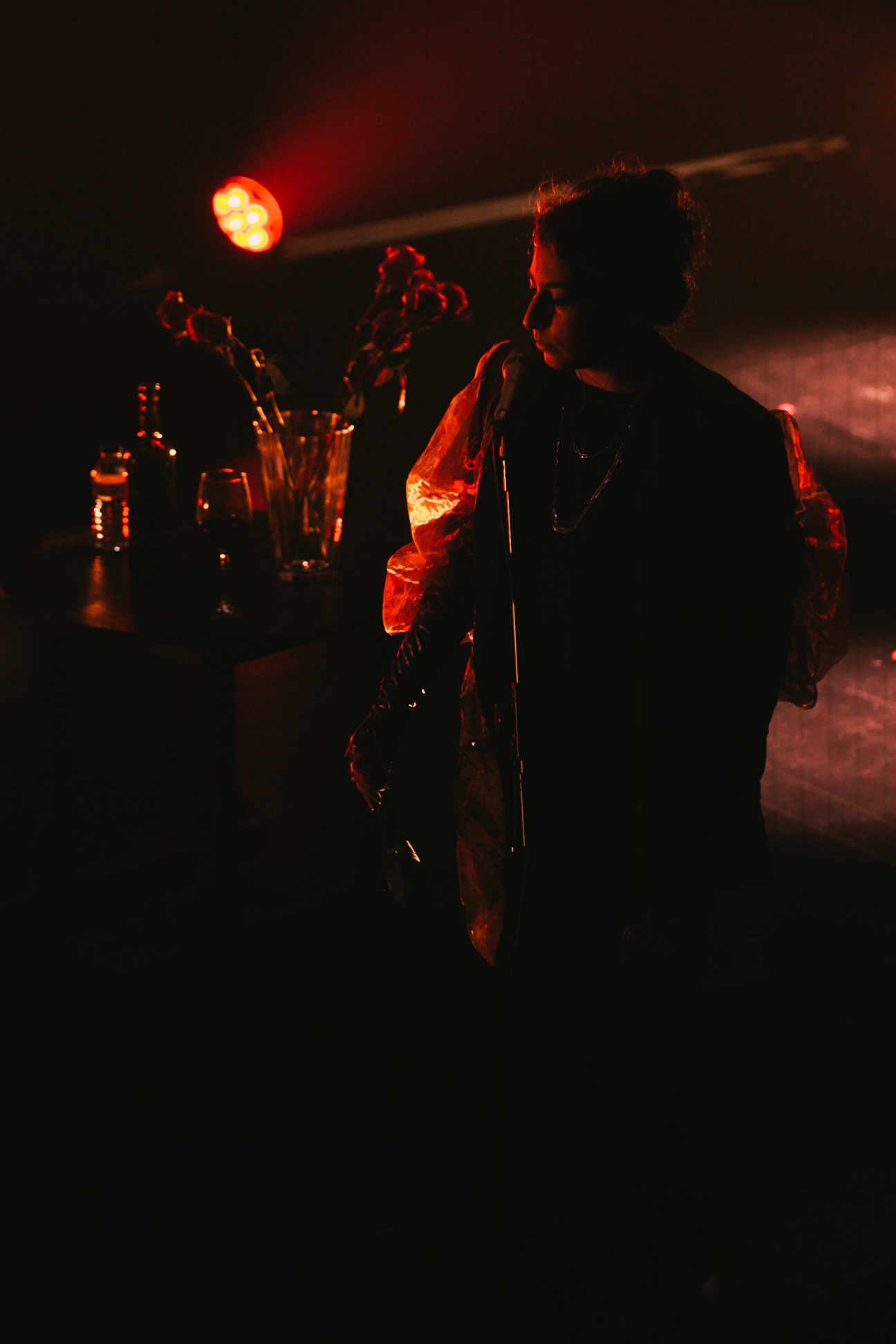
Arooj Aftab has a complicated relationship with the Grammy Awards. Last year, the New York-based musician made headlines as the first Pakistani person to win the accolade, along with a nomination for Best New Artist. This year, she’s returning to the Premiere Ceremony this Sunday as the first Pakistani ever to perform on its stage. When we speak a few days before her appearance, I ask how she’s handling being so many firsts. “Well, I have a life coach now,” she replies.
Aftab’s Best New Artist nod helped to kickstart her career, thrusting her into a class of rapidly ascending talents like FINNEAS and Saweetie. The day she heard about her Best Global Music Performance nomination last year, Aftab recalls turning off her television, thinking that would be the end of things. Moments later, she received a call from her manager telling her to switch it back on—she was also a Best New Artist. “I almost dropped my drink,” she says of the unexpected second nom. “Like, what? That's literally fucking insane! With Olivia Rodrigo, and Japanese Breakfast, and Arlo Parks? I was like, Am I this cool? I guess I am.”
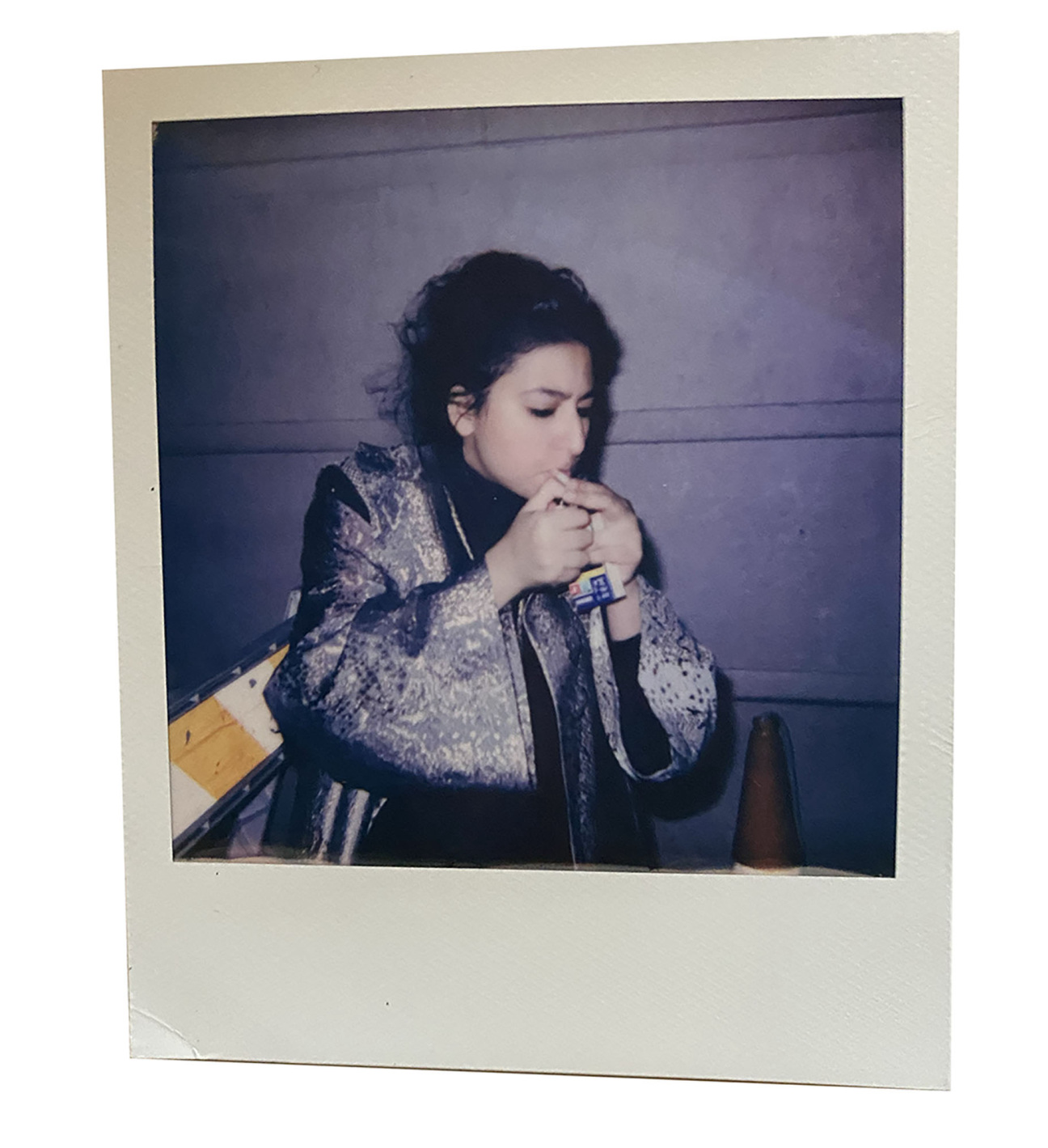
Aftab’s last album, 2021’s Vuture Prince, was a moody, mellow, “neo-Sufi” record that the singer terms “post-minimalist.” Its Urdu-layered tracks featured lyrics pulled from ghazals, an ancient form of South Asian poetry steeped in love and longing, which drifted over modern, jazzy compositions. “Mohabbat,” a single inspired by a 1921 composition of the same name by Hafeez Hoshiarpuri, racked up several million streams and earned a coveted spot on Barack Obama’s 2021 summer playlist.
Artists aren’t usually keen to see themselves as “overnight sensations.” It’s hard to see the world overlook the years of work put in behind the scenes. Aftab, for her part, has been releasing music since 2014, but when asked about last year’s Grammy buzz, she exclaims, “It was bonkers! Suddenly, we were everywhere and everyone was talking about Vulture Prince.” The deluxe edition of the album, released in 2022, offered the addition of “Udhero Na,” featuring a sitar performance by Anoushka Shankar. The collaboration is what landed Aftab her second Best Global Music Performance nomination and a prized slot in the event’s live lineup.
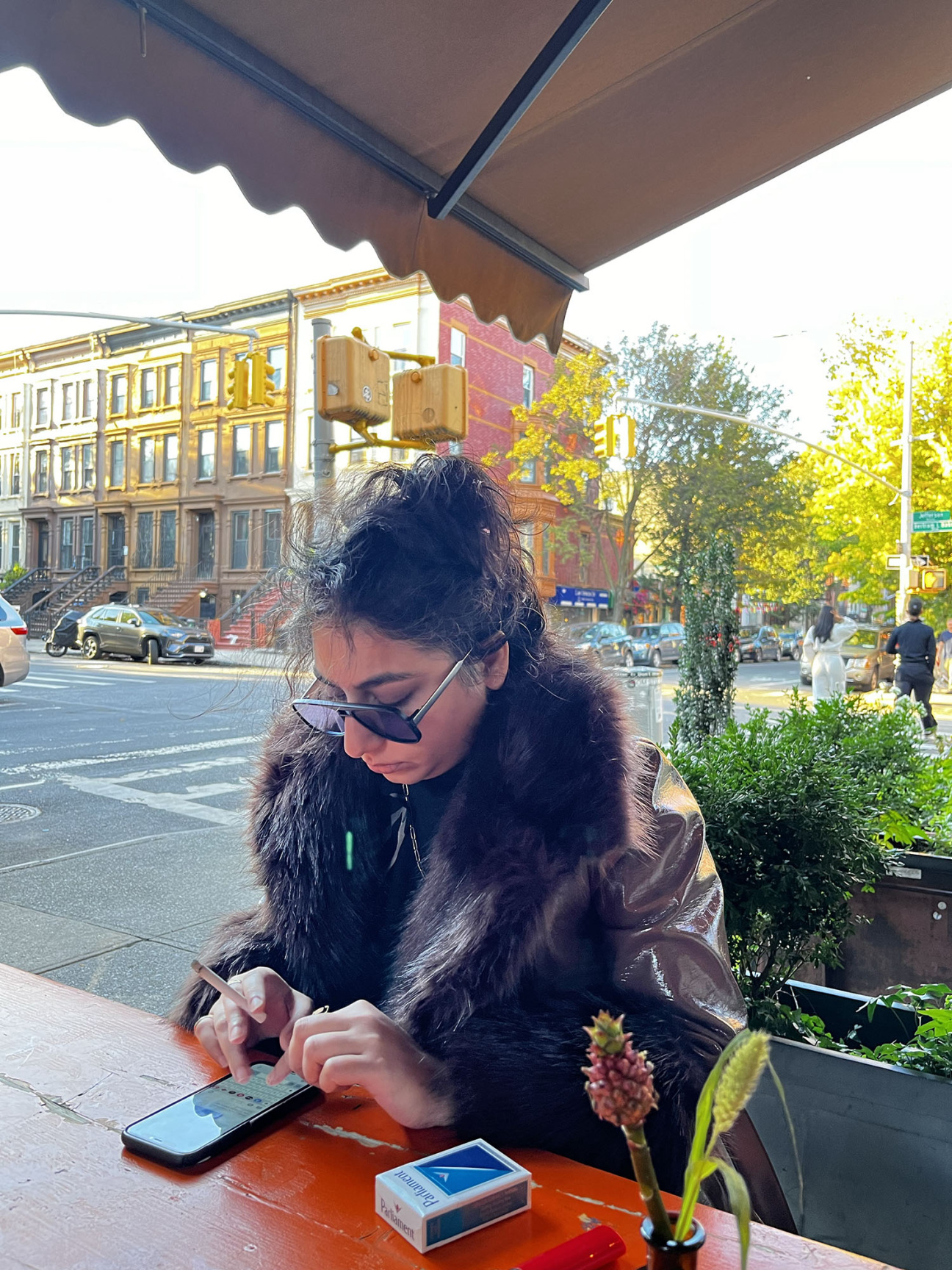
“Udhero Na,” which translates to “Please Undo,” was borne of the throes of teenage angst and heartbreak. Aftab composed the track during her own emotionally turbulent adolescence, but it’s resonance has endured. “Not a lot of songs [from that time] made it into the present. For some reason, ‘Udhero Na’ always felt special and like [it was] standing the test of time,” she says. Though the song never made it onto an album, it stuck around in her setlists before finally finding a home as a bonus track. “It's traveled with me for so long, right? I think I wrote it in 2003. Twenty or so years later, it’s still seeing all this love, and it's not a very flashy song. It has a really gentle beauty to it.”
Aftab’s recollections of teen romance are not a far cry from those of her fellow Best New Artist nominee Olivia Rodrigo, whose record-shattering breakup album rode the airwaves for an entire year; or the genre-bending tenderness of Japanese Breakfast. So what makes Aftab a “global musician”? The Recording Academy introduced the term “Global Music” in 2020, swapping it in for the long-outdated but seemingly interchangeable “World Music” label. The Grammy award for Best Global Music Performance was introduced last year—which means Aftab is the only artist ever to have won it, beating out acts including Burna Boy, Yo-Yo Ma, and Wizkid. The category is as broad as it is vague, with the Grammy site boasting the sole qualifying factor being that it “blends many different genres from around the world, found outside the United States.”
Though she spent many of her formative years in Pakistan, Aftab has lived longer in New York than anywhere else. It’s the only place she’s ever professionally made music. “I've built my music personality amongst the fabric of New York and its different communities,” she says of her 14 years in the city. “I belong here. When I come to New York, I'm like, ‘Whew, okay.’ That definitely makes me feel like I am from here...the unbelievable, unapologetic degree of relief that I feel when I return to New York—even if I go to Philly for like three hours and then come back.”
It’s no secret that the Grammys are still grappling with the role of of the “Global Music” moniker in a world where Puerto Rico’s Bad Bunny and South Korea’s BTS consistently rank among the top five most-streamed artists worldwide. Aftab recognizes the Academy’s effort, while noting the lengths it has yet to go. The next step, she contends, is not to relegate non-English language artists to the opening act. “Artists who are making this type of music really do affect the music of the world, including Europe and America. I feel like this category and the main jazz category should be included in the larger televised section of the Grammys…should go next to the Billie Eilish categories.”
"For now, Aftab is still waiting to find out whether she will become the first Pakistani ever to win two Grammys at the Premiere Ceremony. If she does, it'll certainly be another big moment for the musician in the news. “I feel like these are Wikipedia facts, rather than the headline narrative,” she says of the focus on her being the first. “Wherever I [look], that's the title of everything, and I don't really know how I feel about that.”
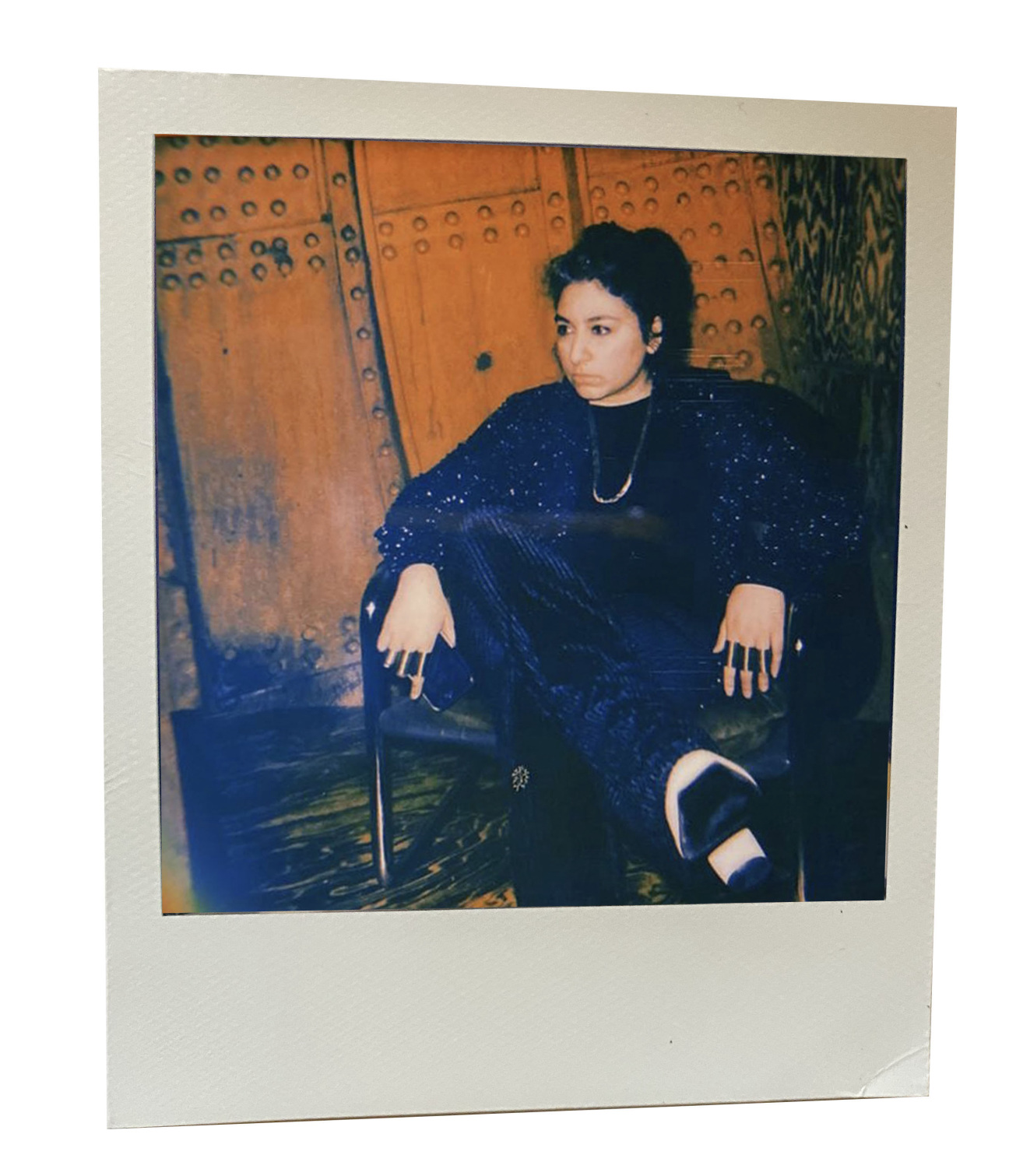
The singer is quick to amend her statement by adding that “representation matters.” As she explains, her increased visibility may inspire other artists who never saw a way forward in the music industry. On the other hand, that’s a big—sometimes overpowering—responsibility. “Artists just want to feel like artists,” she says. “They don't always want to be earmarked by things. We want to feel free; our freedom is what creates the work.”
Next month, Aftab is releasing Love In Exile, a new project in collaboration with Vijay Iyer and Shahzad Ismaily that she describes as a “dark, doomy, jazzy, but sort of experimental, very free kind of album.” It grew from the sort of creative openness that she speaks of—a few casual group performances that later morphed into more formal studio recordings. As for her solo career, she’s working on the follow-up to Vulture Prince, another opportunity to break the mold—if only just the one she’s built for herself. The next album, she says, is “not so gloomy. It's a little more flirty and a little more playful. It's still dark, but…”
“It’s dark with a wink?” I offer.
“Yes, yes, exactly,” she replies. “I like that.”

